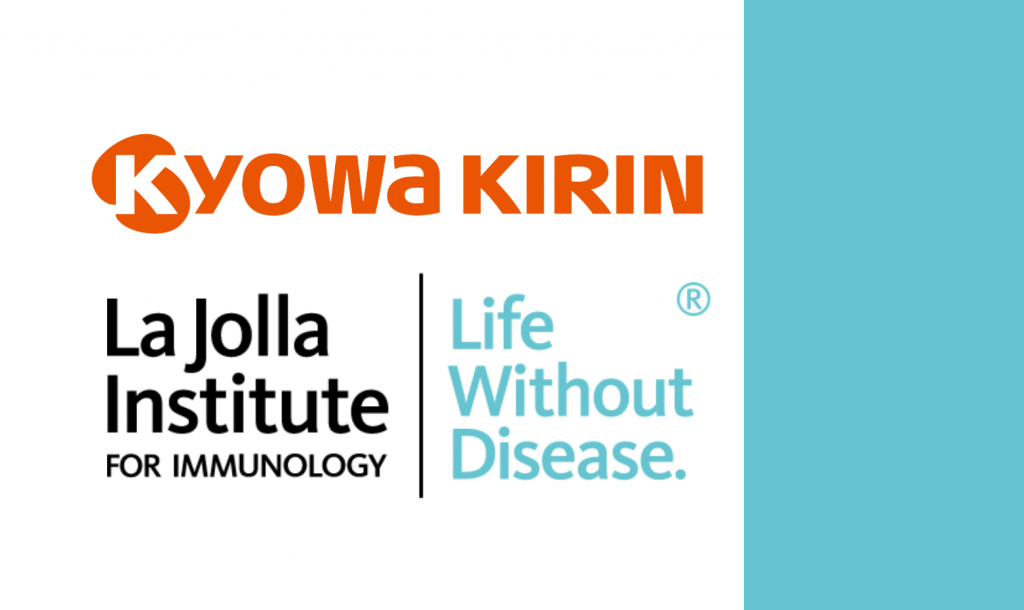Celiac Disease (CD) is an autoimmune-like inflammatory disease induced by aberrant immune responses initiated by MHC class II restricted CD4 T cells and directed towards dietary gluten. CD is the prototype of diseases in which a clear role of antigen-specific T cells has been demonstrated and where their inhibition – gluten free diet – results in disease amelioration. However, the underlying cause of this immune intolerance is not understood and all attempts so far to design a mouse model for CD have failed. Humanized mice that are transgenic for celiac associated MHC class II (HLA DQ2/8), a gluten peptide specific TCR isolated from human CD4 T cells and human CD4 do not develop celiac disease upon consuming a gluten containing diet. A possible explanation could be because the thymocytes expressing the human T cell derived TCR are selected and educated in a mouse thymic environment.
The thymus is important for the induction of central tolerance. Clonal deletion (negative selection) or functional differentiation (agonist selection) of self-reactive T cells during central tolerance in the thymus is thought to remove or divert self-specific T lymphocytes away from the naive pool of T cells in the periphery, thus reducing the threat of autoimmunity. Nevertheless, mature T cells with cross-reactivity for endogenous peptides remain present in both, humans and mice. Most of these auto reactive cells are specialized lymphocyte subsets such as the natural T regulatory cells (Tregs), the invariant natural killer cells (iNKT) and the double negatve (DN) variable T cells that do not express a CD4 or CD8ß TCR coreceptor and display variable MHC restriction.
Lab achievements:
Our group identified an ‘alternative’ self-antigen-based thymic maturation process (agonist selection) resulting in the functional differentiation of mature DN TCRß-expressing T cells that directly migrate to the intestinal epithelium as self-reactive T cells with a cytotoxic functional phenotype.
Ongoing investigations:
Autoimmunity might be the result of mature self-reactive T cells that escape negative selection or fail agonist selection and become pathogenic when reacting or cross-reacting with cognate self or harmless non-self Ags, such as diet-derived antigens, in the absence of regulation. We compare the thymic selection and peripheral T cell subsets of two TCR transgenic mouse strains, both with reactivity for the same non-self antigen but with different MHC specificity. Different thymic selection between the two strains, results in different peripheral T cell subsets. Moreover, some of the developing T cells with high affinity for a self-Ag during thymic selection escape central tolerance, and appear as naive-like conventional selected T cells in the periphery. These self-specific naive-like T cells are kept in check in the presence of their self-antigen selected regulatory counterparts, but they cause severe immune pathology in the small intestine, similar to that seen in Celiac Disease, in the absence of central or peripheral tolerance.




